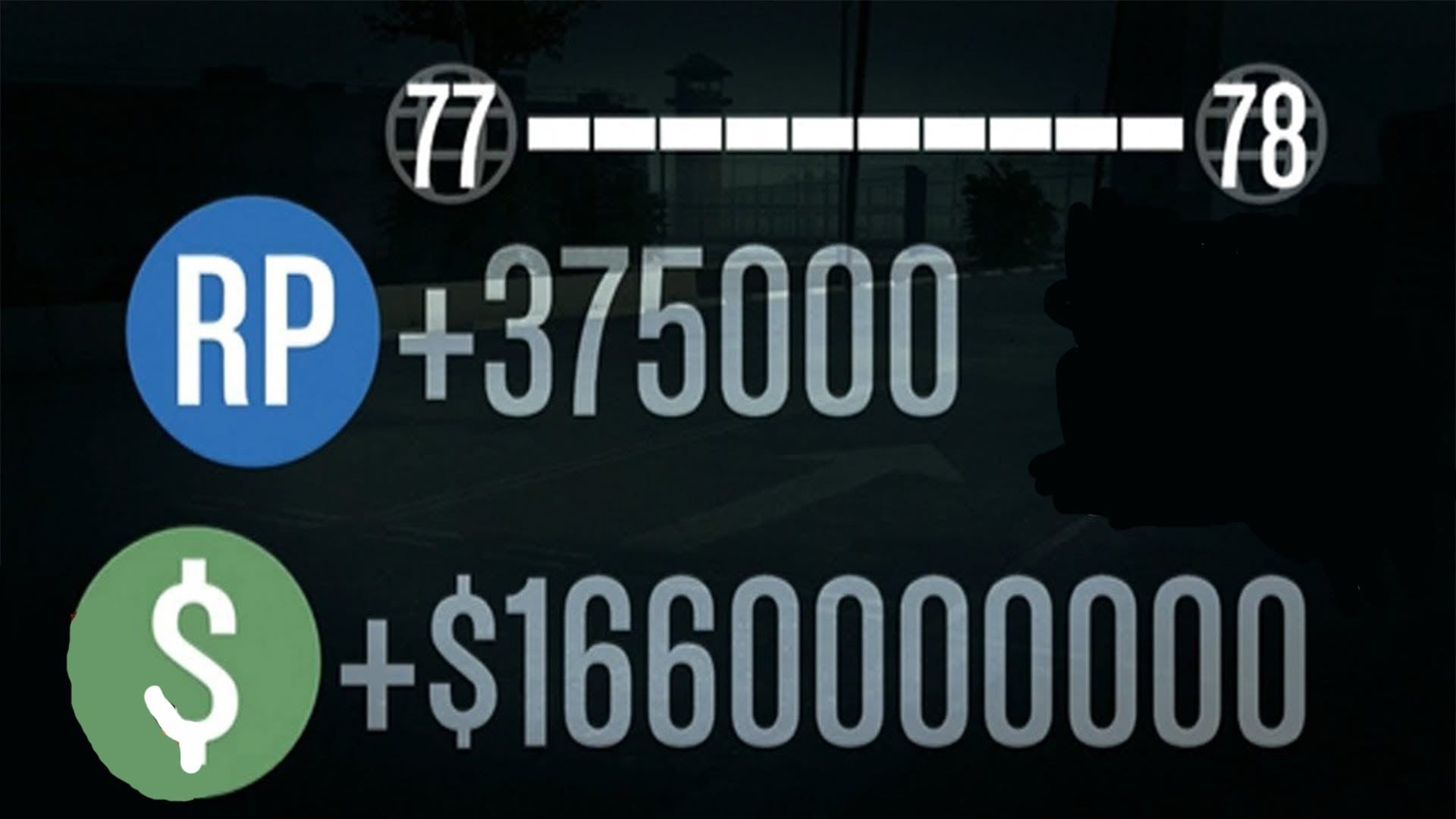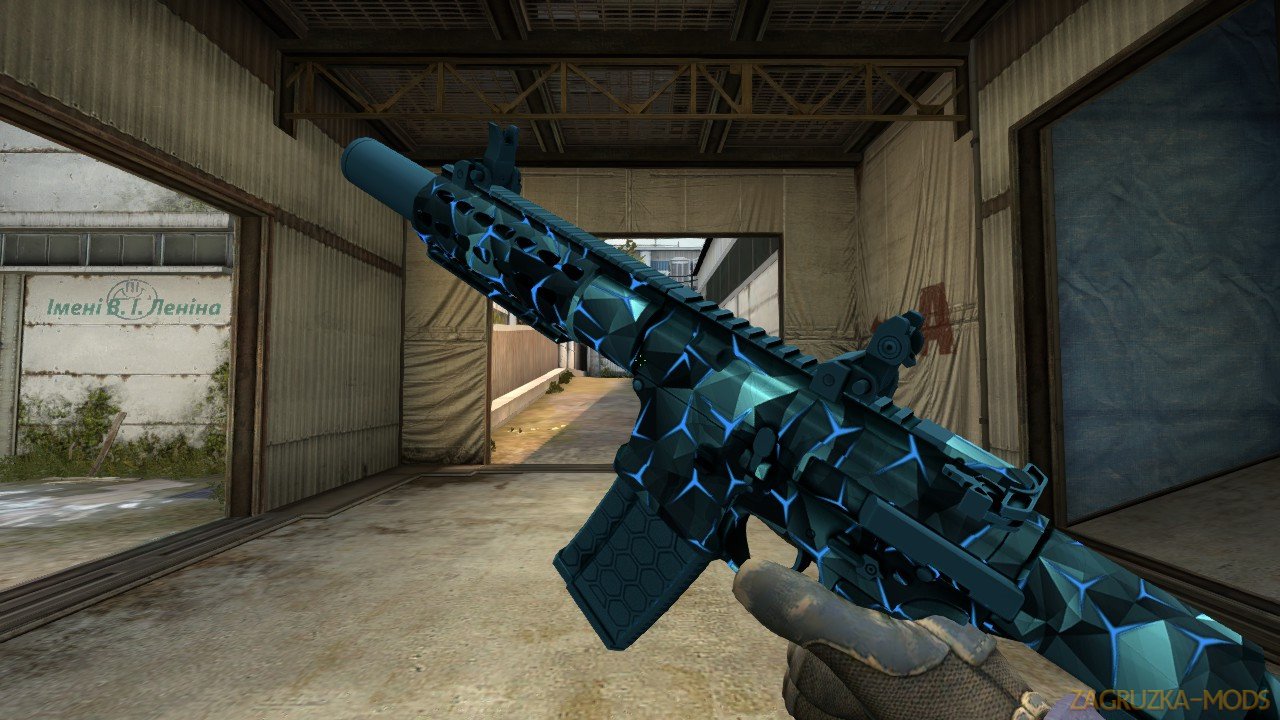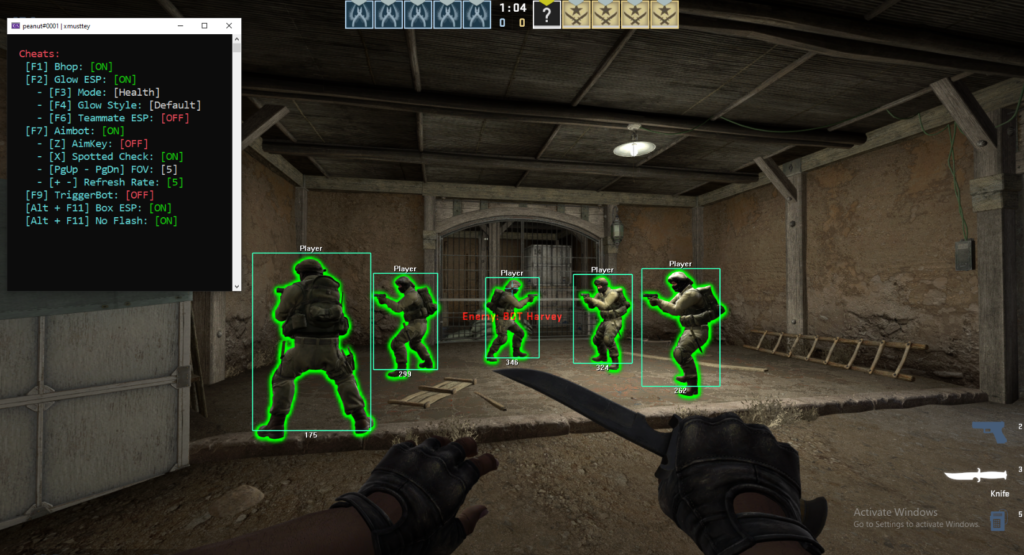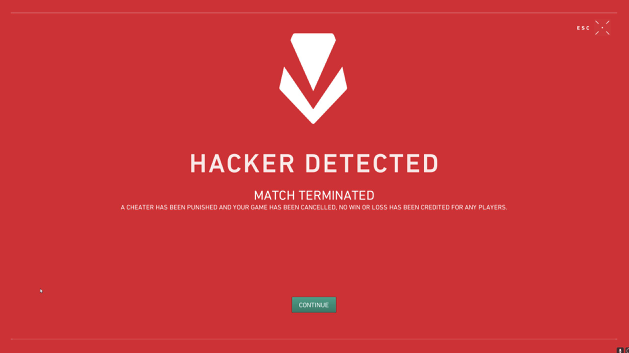Cheaters or hackers are definitely a unique species that are constantly frowned upon in the gaming community. Most of the honest players never even understood why they resorts to hacks in the first place. Are they bad at the game? Are they too lazy to learn, practice, and grind? How do they find enjoyment in accomplishing feats that they didn’t work for?
Although most of us categorize cheaters into one sociopathic, evil, and ill-driven personality, not all hackers are actually the same. It is 100% true that hackers, malicious or not, will always ruin the integrity and sabotage the true gaming experience, especially when their actions affect other players. I, myself, stopped playing CS:GO due to the insane abundance of hackers in my matches despite Valve’s constant effort to stop the cheating problem. Plus, cheating is always punishable by a ban, showing its illegal nature. However, like the cheaters who use them, not all hacks are the same. Thus, in this article, we will be taking a look at the different forms and “severity” of hacks, trying to answer why people cheat in games, and how to resolve the hacking problems that are prevalent in gaming today.
Different Types of Hacks
For us to understand the whole topic of hacking, we first need to distinguish hacks into two different classes and where they are commonly used. The first type of hack is called soft hacks. Soft hacks do not interfere with other players’ experience despite altering the gameplay to your advantage. If you use hacks in a single-player game, chances are you are using soft hacks. Take Grand Theft Auto, excluding its multiplayer elements, as an example. Money hacks, car hacks, infinite HP, and other cheats are always used in that game. People never complained about the abundance of GTA hacks and even deemed them necessary as part of the gameplay since it only affects one player: you yourself.

Of course, soft hacks can also be present in multiplayer games. Skin mods are incredibly popular in many mod-able games like Counter-Strike back in the day, but they can be highly punishable by the devs who want to rack up money from the legitimate skins. There are also money, level, and HP hacks in RPG games, which is definitely a multiplayer genre. However, they are rarely utilized in PvP and more in the PvE scenarios when players are trying to grind for loots or resources.

On the flip side, we have hardcore hacks, the hacks that truly matter in this discussion. These are everybody’s favorite, run of the mill type of hack. Hardcore hacks are infamous for frustrating the hell out of players and destroying their gaming experience. In the FPS genre, we have aimbots, which allows you to lock on the people’s heads automatically, and wallhacks, which allows you to see through walls and obtain free information on the enemy’s whereabouts. CS:GO is also known for its incredibly annoying spinbot hack. You essentially but an aimbot hack and add rapid 360 degree turns so that you will spot enemies from all different angles. There are also other FPS hacks like speed hack, anti-aim, but they are niche and rarely used.

In the MOBA genre, there are many, extremely undetectable scripts that can allow you to automatically cast abilities or incoming spells based on game events. Some hacks allow you to zoom out and give a larger top-down FOV. You might see a common theme in the examples of these games: competitiveness. FPS and MOBA are both multiplayer games that rely on PvP elements, which is why cheats that give an unfair advantage are detrimental to the game’s experience. Nobody really cares if you use infinite HP hacks when fighting a boss in World of Warcraft. However, use that same infinite HP hacks on Dota, and you’ll piss off every single player on the server.
The psychology of using hacks
So why do people use hacks? Well, it is for a variety of reasons, and is also unique to the type of hacks used. For instance, people use soft hacks to remove unnecessary burdens or blockades in the game. Not everyone has the time and effort to grind out money and resources for a game. These grinds, more often than not, are incredibly boring, stale, and hindering the real excitement that people play games for. Cheats, as result, has the capability to provide the necessary shortcuts to more freedom and fun in the game.

Furthermore, as a person who always seeks to play on the same playing field, I do sometimes justify the use of money hacks in pay-to-win games. These games rarely emphasized the players with the best skills and more often rewards players who have access to their mom’s credit card. Free-to-play players can, in turn, lift out the paywall set up by the developers through money hacks and show their true skill-level in the game.
However, the notion of using hacks to remove built-in barricades in games doesn’t apply to cheaters who use hardcore hacks. More often than not, people fall into the world of using hardcore hacks because they simply suck at the game and do not want to slowly improve. They want to get an easy advantage without having to practice or learn properly. It is not a strange fact that everyone starts out as a noob in every game. We cannot install CS:GO for the first time and begin one-tapping everyone on the server. We can’t queue our first Dota 2 game landing every single invoker combo. It is through thousands of hours of practice, experience, and losses that we can achieve all these amazing feats that we see from pro players. Perhaps, in the minds of hackers, they are some sort of talented chosen one who never needs to practice to be a pro. However, when they can be wrecked by better players who grind at the game, they turn to hacks to fulfill their misled purpose.
The next point ties closely to the previous one, which is that hackers can’t handle losses. Everyone who plays games will always face losses. Even the best players in the world lose their games. However, what separates normal players, pros, and cheaters is how they treat their losses. Normal players might not even think that big from losses, it is just part of the game. Pros get better from losses because they think critically about how they can improve and what aspects they could’ve done better to increase their chances of winning the next game. Cheaters, on the end of the spectrum, perhaps never want to learn from their mistakes. They do not recognize losses as a stepping stone for the future but as a setback on their goal to win. To them winning = good, losing = bad, simple as that. Thus, they turn to hacks to maximize their winning percentage and make it impossible to lose. Hackers want to get instant gratification from their wins without acknowledging that it does not come from their effort.
However, I also mentioned that not all hardcore hack users might have the same ill-intent and malicious behavior we all associate them with. In the depths of the hacking community, we also have ethical cheaters who consider hacks to be their own art-from. In the CS:GO landscape, there are often hack vs. hack servers where cheaters hang out and battle each other to show off who has better or more optimized cheats. They even develop a set of strategies specialized to combat other hackers. So, instead of playing CS:GO like a normal shooting game, they play the game like a mechanic tuning their race car. These ethical hackers simply enjoy the game in a different way than most of us, and that way just happens to involve one of the most illegal aspects in gaming. But what happens if these hackers queue up in a normal match with honest players? Well, true ethical hackers will simply turn off their hacks or even use unique cheats to cancel the game. For all they know, they are wasting their time queueing with the wrong players. There is a whole video about the topics of these hackers in the following video from CS:GO YouTuber under the name of 3kliksphillip.
Solutions to hacking problems in games
Whether or not a hacker is ethical, their presence is undoubtedly not always welcomed in the eyes of honest players. Many players have, consequently, even stopped playing certain games due to the immense cheating problems. Therefore, let’s take a look at existing several approaches that game developers have implemented to combat cheaters in their games.
The first and most straightforward solution to cheating problems is using anti-cheats. An example of this is VAC or Valve Anti-Cheat, undisputedly the most popular anti-cheat software in all of gaming. However, VAC and most anti-cheat software out there are also notorious for being highly ineffective in spotting cheaters. Expert or experienced hackers can effortlessly identify obvious weaknesses in anti-cheats and can develop hacks that are specialized to bypass these blindspots. VAC’s weaknesses, for instance, are already common knowledge in CS:GO hacking community, which could explain the rampant case of cheaters in the game.
Perhaps the best anti-cheat software in today’s era is Riot Games’ Vanguard, their cheat protection software for VALORANT. Taking from my experience when playing VALORANT, I could never recall getting matched up against a hacker. Even if there are hackers, none of them are blatant enough to fully ruin the game like CS:GO spinbotters. However, Riot’s ability to achieve such impressive security in detecting potentially malicious programs stems from Vanguard accessing our operating system kernel. Essentially, Riot has the capability to extract information about all of your computer’s ongoing processes and, to a certain extent, take full control of your device. Incredibly sus, but highly effective in spotting cheating programs nonetheless.

Unfortunately, anti-cheats still suffer from one major problem: creating new accounts. Although anti-cheats can spot hackers and ban them in place, the same cheaters can easily create a new account and modify their programs in the hopes of not getting detected in the future. Simply put, there is no significant consequence or punishment that will prevent hackers from returning to the game after being banned. One method of overcoming this loophole is establishing some sort of paywall, or making the game not free. CS:GO, for instance, costs $15, which is already decent in preventing a minority of “free-to-play” hackers. But again, there still exists blatant hackers in my CS:GO matches from time to time. Creating a price tag in a game will also sacrifice some of the honest player bases who aren’t willing to pay for the game.
A more weighty punishment is an IP ban, which bans you from fully connecting and playing with the game server. Even if you make new accounts, you still wouldn’t be able to play because you still use the same exact IP address from your home network. However, IP bans are not a common practice in this day and age because most IPs today are dynamic, meaning that they change from time to time. VPNs or are also widely available today to mask and “change” your IP. From what see, anti-cheats can be useful to a certain extent, but will never thoroughly eradicate the cheating plague because no significant consequence exists to stop hackers from disregarding their bans. Thus, another solution is required, one that does not need to remove the cheaters in the first place.
We can solve the cheating problem by essentially isolating the cheaters from the honest player base. Therefore, cheaters will play against cheaters whereas the honest players can have their own fun. Hiding the problem is not always the most elegant solution, but it is definitely necessary in this case. To isolate or cluster the cheaters, we need to first identify the cheaters using the anti-cheat software. However, instead of banning the cheaters, we will simply mark their accounts and force them to queue with other marked cheaters. Developers can also provide hack vs. hack servers where cheats are allowed, but I highly doubt that any dev will ever promote this sort of idea. Nonetheless, with this approach, cheaters are allowed to thrive on their own without interfering with the honest player base. A win-win solution in the end
The last approach to solve the cheater problem is to scam the cheaters themselves. This solution is inspired by the ScriptKid. If you do not know who ScriptKid is, he basically creates “bait” cheat software that will troll anyone who runs the program. In one of his early YouTube videos, he engineered a fake PUBG hack that will secretly chuck grenades underneath the player without their knowledge, resulting in many hilarious deaths. He also makes similar fake hacks in CS:GO and even Minecraft. Of course, these bait hack software will ruin the experience of noob cheaters who don’t know how to find or create their own high-quality hacks. In turn, this solution could be effective in pushing away potential newcomers to the hacking community.
https://youtu.be/eKfZmcvo_2g
Conclusion
Hacking, whether we like it or not, will always be a part of gaming. With the continuous development of technology, hacks are also getting more evasive and sophisticated against anti-cheats. For instance, a new next-gen cheat program was released a couple of months ago that utilizes AI and computer vision input movement that will assist your aim. This program doesn’t work like any normal aimbots and is virtually impossible to detect since there is no way of distinguishing between the AI movement with human movement. I suspect that similar or even more sophisticated cheats will be created in the future.
Despite this fact, we can still keep our chin up with our newfound knowledge of cheating and hacking. We know that not all cheats or cheaters are the same, how some of them may be “legal” or “illegal”. We also have seen several solutions that might be implemented in the future to combat the ever so worsening cheating problem. So, even if you and I all hate cheaters, just keep in mind that there are several ethical hackers out there who aren’t willing to annoy and waste your time. As for the non-ethical ones, we can hope that they can be clustered together away from our playground and have their own fantasy of being a “god gamer”.
Featured Image: Pexels







![[TrendForce] Lonjakan Harga Memori akan Menekan Industri Smartphone 2026](https://hybrid.co.id/wp-content/uploads/2026/02/TrendForce-Lonjakan-Harga-Memori-akan-Menekan-Industri-Smartphone-2026-480x480.webp)





